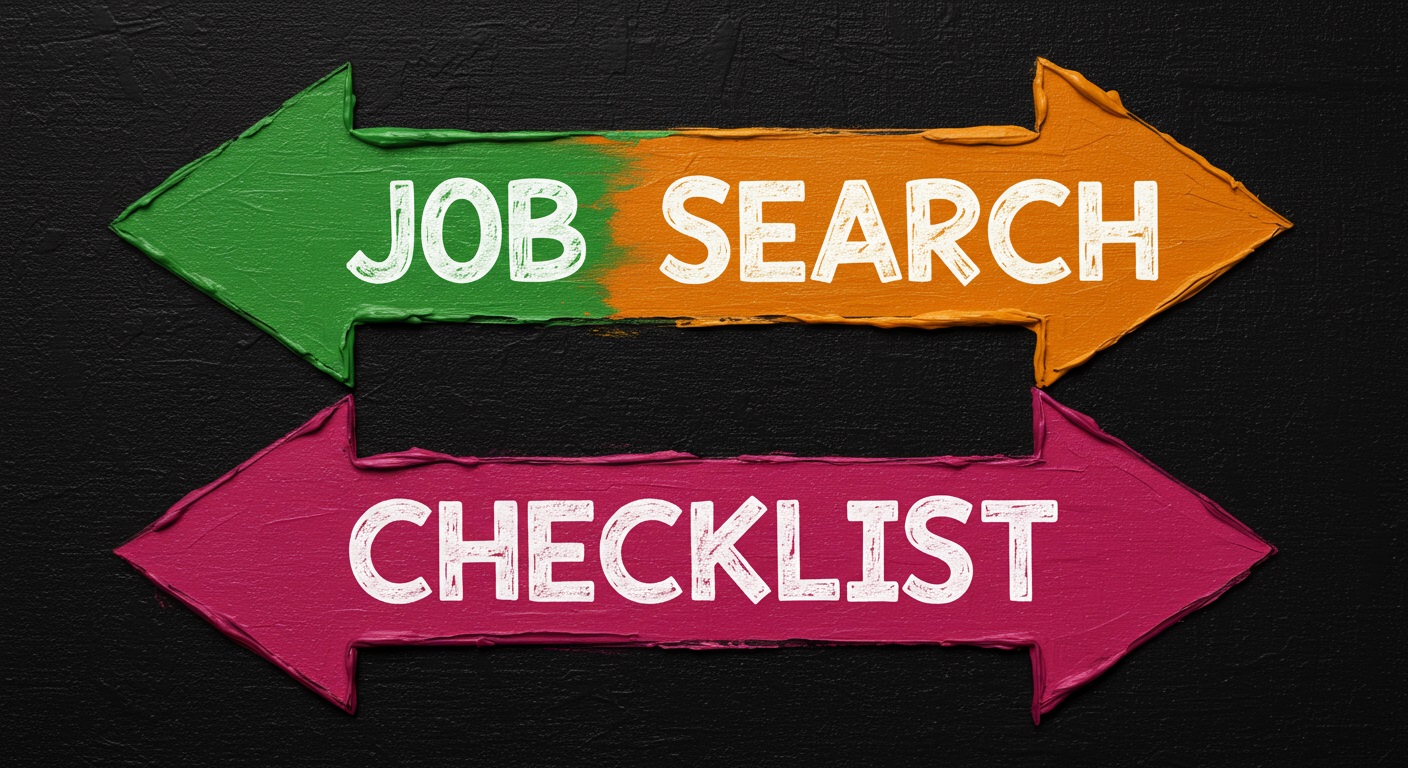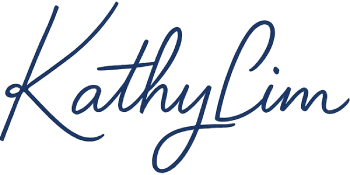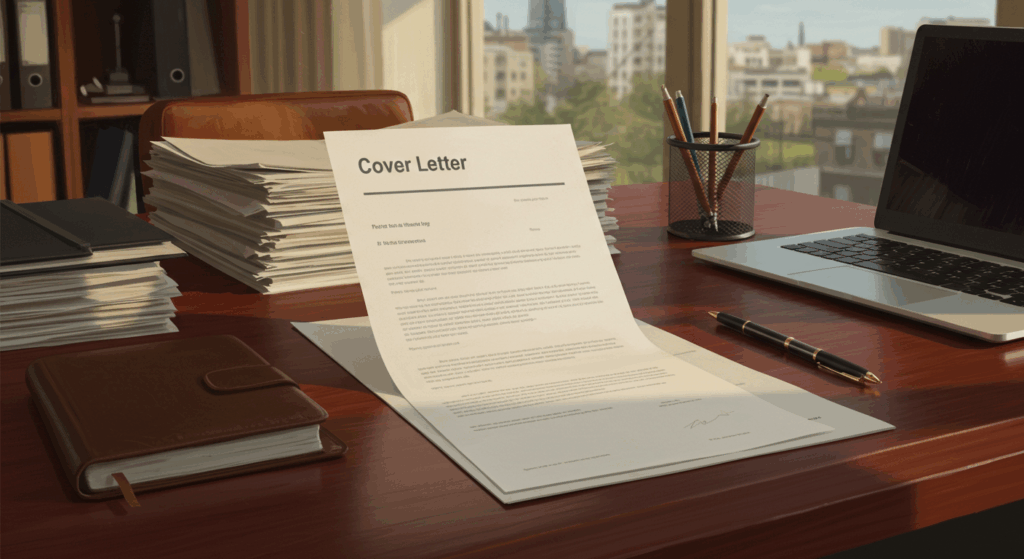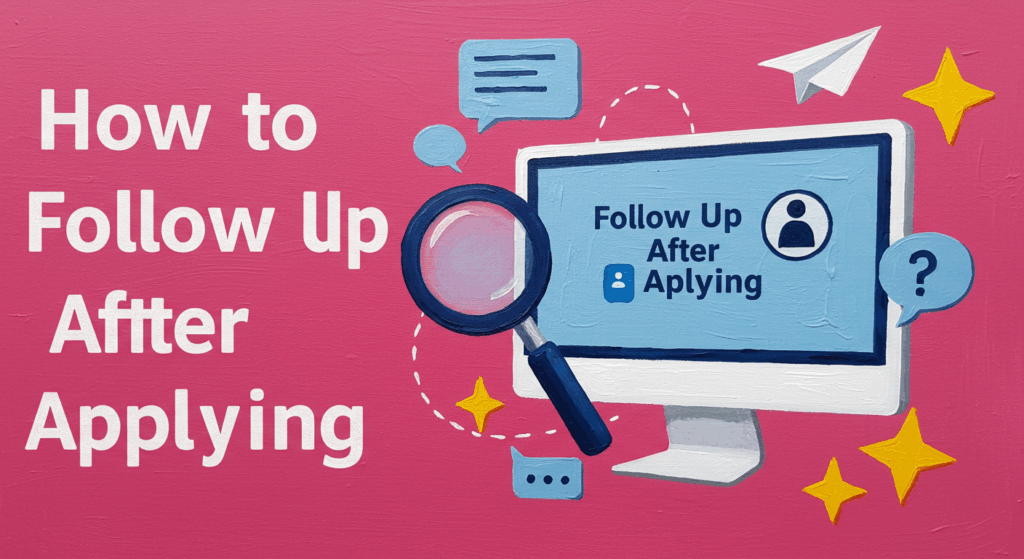1: Ground-work — what you actually want
- Know your values, what makes you tick
— Salary matters, duh. But aslo: culture, how people talk internally, if you can wear sneakers, if remote is a deal-breaker. Write ‘em down—what do you need? What can’t you not have? - Define your ‘job types’
— Like, industry, role, level… are you in startup-grind mode or comfy corporate? Remote or office? Jot three “ideal” roles and maybe two “ehh-I’ll-take-it” backups. Helps focus the chaos. - List your strengths + what you’re proud of
— Even if it’s “I organized that event with zero budget” or “I made memes that got 10k views”—those lighter moments count. Write ‘em down. You’ll need ‘em for bullets and interviews. - Get your ‘why’ ready
— Why this career path? Why now? Maybe you flipped burgers but realised you looove talking to people or data got you jazzed. Be honest. It helps when HR asks, “So… tell me about yourself.”
2: Gear up your documents & presence
- Tailor your resume each time
— Wish AI could do it, right? But even if you only tweak 3 bullet points, tailor it. Use keywords from the job description. ATS bots are real. - Build a master resume (your “everything” version)
— List every job, project, volunteer thing—even that side hustle renovating tables. This is your raw material. - Polish your online presence
— LinkedIn: get a decent photo (no party pics, please), write a headline that isn’t “UNEMPLOYED lol.” Add summary, jobs, education. Fill it out fully so people see you as actual human professional.
— Socials: set everything un-professional to private. Yes, potential employers peek. - Prep extra docs
— Cover letter? Optional, but can make you stand out if it’s personal. References? Ask people ahead of time. Portfolio? Samples? Have ’em ready. Put these in a folder — digital and maybe physical. - Craft your elevator pitch
— 30 seconds to sum you up, in a sincere, personal tone. Practice. You never know wen you’ll get cornered at a meetup—or grocery store—by someone who asks, “So… what do you do?”
3: The job-hunting hustle
- Make a job-hunt schedule (yes, literally)
— Because if you wing it, you panic. Set goals like “apply to 3 jobs a day” or “network with one person/day.” Feels weird but helps. - Track everything
— Journal-style or spreadsheet — note date applied, the role, link, follow-up dates, recruiter names… you’ll thank me later when you’re interviewing and blanking. - Activate alerts & search daily
— Job boards, company websites, LinkedIn, niche boards, etc. Early birds get the worm—some stats say applying within first 3 days boosts your chances. - Network… a lot
— Talk to folks you know, alumni, people you kinda know, random LinkedIn people. Ask for advice first, not jobs. 50%+ jobs come from connections.
— Build your network before you’re desperate. Connect now, so later it isn’t awkward asking for help.
4: Interviews & follow-ups
- Research every company you apply to
— Read about their mission, culture, recent news, maybe who their CEO is. Know a couple of things to talk about that aren’t generic. , - Practice common and story-type questions
— Use STAR (Situation–Task–Action–Result). Have 3 stories ready: like, when you solved a problem, worked with a team and handled conflict. Helps you not go “uh…” mid-interview. - Dress like you mean it… or at least clean
— Whatever your field is—wear the right vibe. If remote, be camera-ready. But set up neat background. Don’t embarrass yourself with tech fail. - Follow up after interviews
— Quick thank-you note, short, maybe say something you learned from the convo or that you’re still jazzed about the role. Shows you care.
5: Offers, decisions, self-care
- Review offers thoroughly
— Salary is only part. Benefits, culture, growth, location, commute and remote policy — think about what mattwrs. So, ask for a day or two to consider. - Don’t be afraid to say no
— If it isn’t the right fit, it’s okay to politely decline. Because it’s better than saying yes and burning out or feeling stuck. - Take care of your mental health
— Rejections suck. Slow replies suck. But it’s NOT you personally. Be gentle with yourself, do non-job-hunt stuff too. Walk a bit, watch dumb shows, eat ice cream.
In case you wanna glance at it as a human-friendly “bullet” checklist:
- Clarify values / ideal roles / backup roles
- List what you bring (skills, achievements, stories)
- Build and tailor your resume versions
- Polish LinkedIn & social presence
- Prep cover letters, references, elevator pitch
- Set a daily/weekly schedule—apply, network, track
- Apply early, apply smart
- Network now, not later
- Research companies before chatting/interview
- Practice stories, get interview-ready
- Follow up after interviews
- Review offers carefully
- Choose what’s right for you
- Be kind to your own soul during this
Final messy musings (like the friend voice signing off):
Look, job hunting is like a slow-burn puzzle. It’s messy, full of rejection, weird connections, random Zoom calls at odd hours—sometimes you feel like a hamster on a wheel. But this checklist? It’s not meant to be a strict rulebook, more like a guide, a friend leaning over telling you “ehh, you’ve got this.”
Finally, just make it yours. Tear it up if you don’t need parts. Add weird steps like “do a TikTok dance when you hit ‘send’” or “take a nap after a rejection.” Maybe it’s not 2000 words exactly, but it is enough to feel grounded when you’re spiraling. You’ve got ideas, you’ve got heart—job or no job, that’s not changing. And trust me, someday soon you’ll be giving this advice back to someone else like it’s a secret survival guide.









